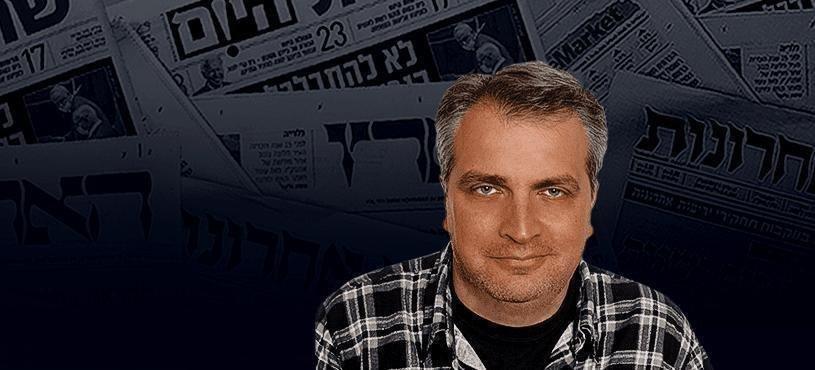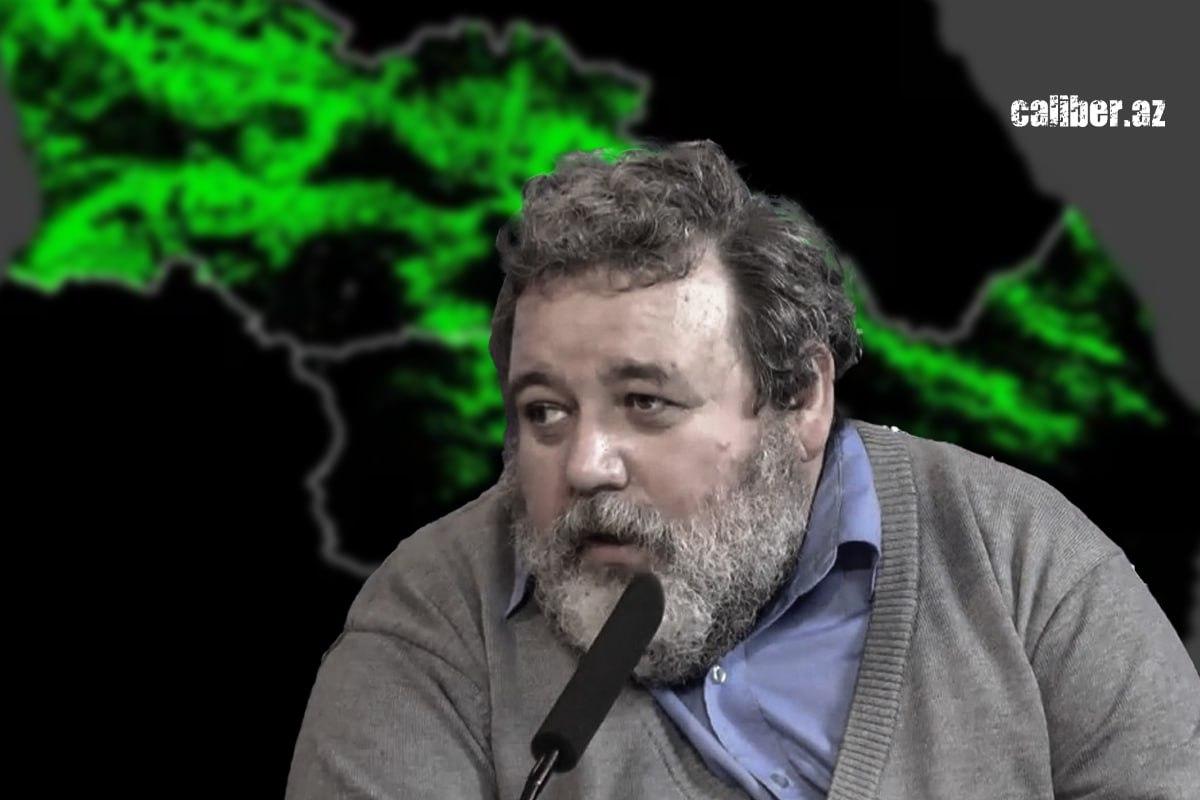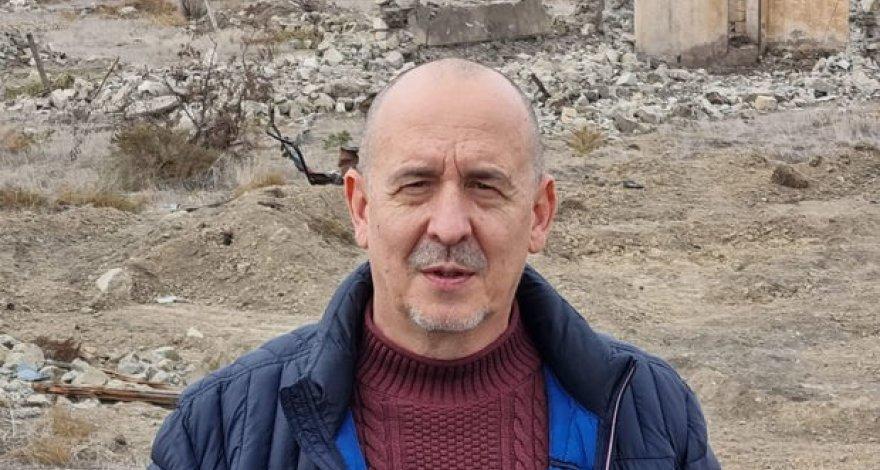Azerbaijan’s increasing role in Middle East diplomacy Baku's diplomatic maneuvering
The situation on the Israeli-Lebanese border sharply escalated in the evening of July 27, when Majdal Shams area in the north of the Golan Heights was subjected to a rocket attack that killed 10 Israeli children. Israel blamed Hezbollah for the strike and issued an ultimatum to the Lebanese authorities to withdraw Hezbollah units south of the Litani River. Israeli Foreign Ministry spokesman Oren Marmorstein announced on his X account.
“The only way that the world can prevent a full-scale war which would be devastating also to Lebanon is by forcing Hezbollah to implement Security Council Resolution 1701. Now is the very last minute to do so diplomatically,” Marmorstein wrote.
In this regard, it should be recalled that last week the Israeli think tank BESA (Begin-Sadat Center for Strategic Studies) published an article on the possible mediatory role of Azerbaijan in the geopolitics of the Greater Middle East. According to the author of the article, Israeli political scientist Zeev Hanin, Baku can act as a mediator between Lebanon and Israel, as it is a generator of diplomatic ties with a number of countries in the region. According to the author, ‘turning to Azerbaijan allows Lebanon to avoid difficulties’, as Baku has not aggravated relations with the parties to the conflict, sticking to a balanced political agenda.
In light of the current aggravation between Israel and Lebanon, how do Israeli political scientists, to whom the Caliber.Az correspondent asked for comments, view the possible mediation role of Azerbaijan?

Thus, Israeli journalist and publicist, head of the International Relations Commission of the Israeli Union of Journalists, Rostislav Goltsman, noted that since the beginning of this summer Azerbaijan has undertaken mediation efforts in an attempt to resolve the acute crisis in relations between Israel and Lebanon.
“A few days before Zeev Hanin's analytical material published, I prepared my own article on Baku's probable mission. And indeed, judging by the fact that representatives of the Israeli leadership have been frequenting Baku, there has recently been an intensification of efforts in the Lebanese direction. It is clear that many things will not be solved without Iran. The assistance of Azerbaijan, whose embassy in Tehran has recently resumed its work, is simply invaluable.
Of course, let us not jump to conclusions. For the time being, let us merely state the fact that Israel and Lebanon continue to maintain contacts thanks to Azerbaijan's efforts. How effective these contacts are will become clear in August,’ Goltsman said.

Petr Lyukimson, a well-known Israeli writer, journalist and military expert, said as long as Lebanon is a satellite of Iran, no mediation will help.
“We have hundreds of thousands of refugees from areas bordering Lebanon, and Hezbollah is firing missiles every day at areas of the country farther and farther from the border, and there are people killed. It is clear that there is only a military solution, and sooner or later it will come to that. There is simply no other way out, and our leadership will realise this sooner or later. And Azerbaijan is important for us now in the Arab direction.
At the same time, I am afraid that we have gone too far with Türkiye. We have cooled down with the Turks for a long time, though, of course, not forever,” Lyukimson said.

At the same time, in the opinion of the honorary ambassador of the World Jewish Agency "Sokhnut", Israeli political scientist and journalist Roman Gurevich, there is no doubt that Azerbaijan could become an effective mediator between Lebanon and Israel.
“As is known, Lebanon and Israel have no political relations, and so when the Lebanese government wanted to convey an important message, Beirut started looking for intermediaries who could better do it, and came to believe that the most suitable candidate was Azerbaijan. More recently, Lebanese Foreign Minister Abdallah Bou Habib conveyed a message through Azerbaijan to Israeli Foreign Minister Katz, stating that Beirut was not interested in war and wanted peace. In this context, it meant the situation on Israel's northern border with Lebanon after Hezbollah's attacks on peaceful towns in Israel. As far as I know, in the same way, through the mediation of Azerbaijan, the response of Minister Katz was also conveyed to Lebanon.
Why Azerbaijan? Because Azerbaijan plays an increasingly important role in the Middle East region and beyond. Azerbaijan's wise multi-vector policy allows it to build good relations with countries that do not communicate with each other. Lebanon and Israel are just one of many examples.
Let me remind you that at one time normalisation of relations between Israel and Türkiye was achieved, which resulted in the first visit of Israeli President Isaac Herzog to Ankara, where he was warmly welcomed by President Erdogan. And this would not have happened without Azerbaijan's mediation efforts.
It is not for nothing that the former head of Mossad, Tamir Pardo, has expressed the opinion that if in the future, as we hope, relations between Iran and Israel are restored, it may be Azerbaijan that becomes a mediator, a link in this process.
In general, Azerbaijan's growing geopolitical influence can hardly be overestimated. This is evident in everything - the strengthening of Azerbaijan's relations with Jordan alone shows how great Baku's importance is for stabilising the situation in the region. And not only in our region, but much wider - the Azerbaijani leadership has established trusting and respectful relations with many countries across the world. This is not accidental. After the victory in the 44-day war, Azerbaijan has become a powerful military power, as well as a geopolitical and economic force that is considered by the most influential countries.
On the other hand, it is not only authority and power, but also an element of trust that Azerbaijan evokes with its policy and diplomatic discourse, its approach to solving problematic issues. So, I think Azerbaijan may well continue to play an important role in the contacts between Lebanon and Israel, as well as to be an effective mediator,’ Gurevich concluded.








